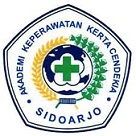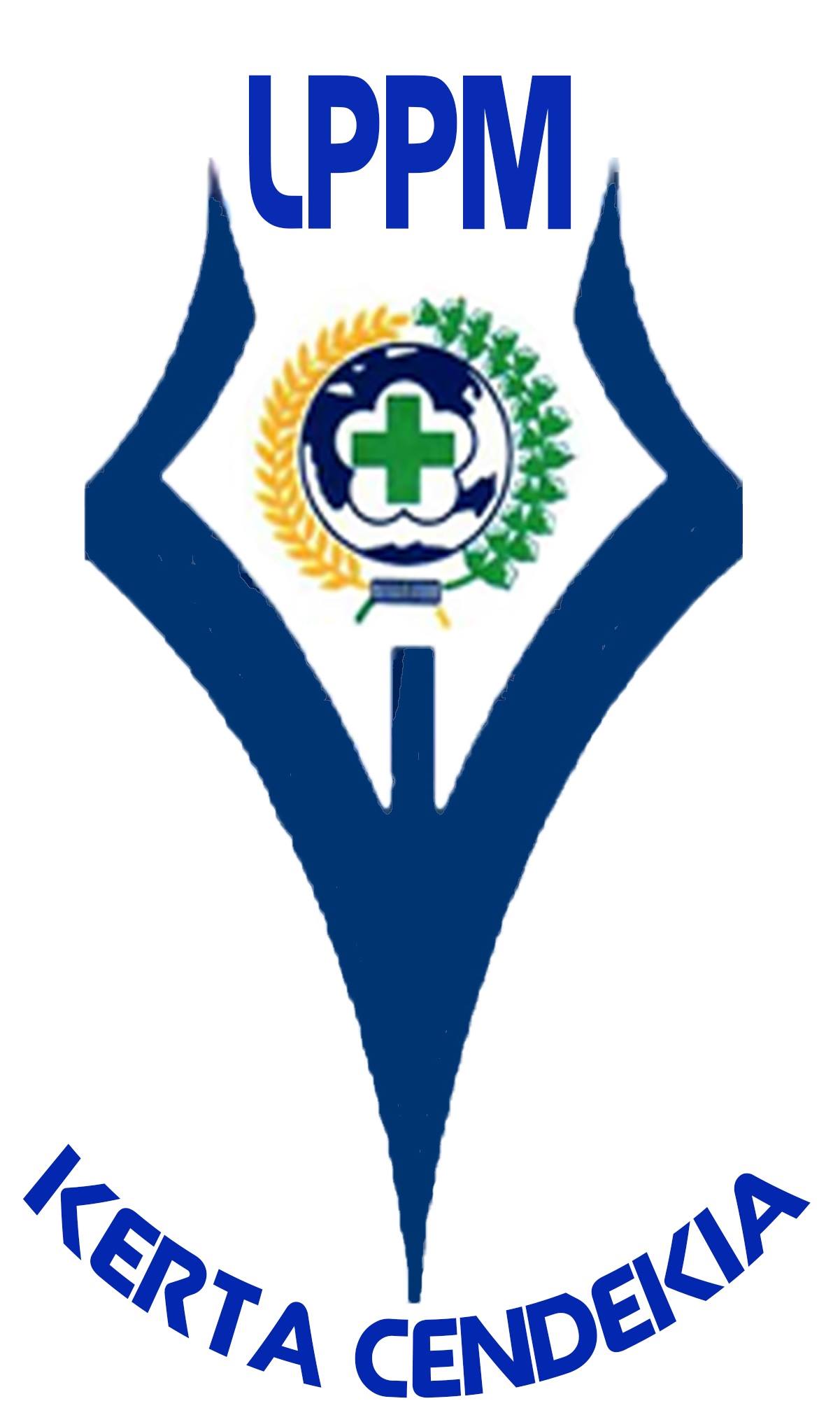THE INFLUENCE OF TRANSFORMATIONAL LEADERSHIP ON NURSE PERFORMANCE IN TUBERCULOSIS TREATMENT: A NARRATIVE REVIEW
DOI:
https://doi.org/10.36720/nhjk.v10i2.280Keywords:
Transformational leadership, nurse performance, tuberculosis treatmentAbstract
Background: World Health Organization (WHO) has established a Directly Observed Treatment Short-Course (DOTS) strategy. Carrying out the DOTS strategy, the public health center is running the TB Prevention and Treatment program, in Indonesia it is called prevention and countermeasures of tuberculosis (P2TB) but in reality, the P2TB program has not been effectively implemented. Health workers who play an important role in carrying out their roles and duties in society are nurses. One of the efforts to improve the performance of nurses in TB treatment is the application of transformational leadership. The purpose of this literature review is to examine the results of the past 10 years of research related to the influence of transformational leadership on nurse performance in tuberculosis treatment.
Design: This study design is a literature review to search and review article from database and theory underlying this study or guidance in this literature review using Preferred Reporting Items for Systematic Reviews and PRISMA.
Data Sources: The data base used in the article searches used include: Science Direct, PubMed, Google scholar, EBSCO using the keywords transformational leadership, nurse performance, tuberculosis treatment. The articles used are those between the years 2009-2019.
Review Methods: The review method for this literature review using a narrative method by classifying the similar extracted data according to the research findings.
Results: The main component of transformational leadership to improve The performance of nurses to play a more optimal role in an effective and efficient TB treatment effort is an idealized influence, which is that nurses have charismatic, in the fact that nurses in providing nursing care in the community must provide good paragons and become role models in the field of good health to individuals, families, groups and communities about how to live clean and healthy as behavior that can be imitated by the community, inspirational motivation for nurses as health teacher educators or health counselling which is a part of health promotion, the nurse's intellectual stimulation empowers communities to solve health problems in the community through small group discussions, and individual consideration, in this case the nurse's duty is as an advice provider and counseling is highly important and beneficial for the community. In order to achieve the fulfillment of the roles and responsibilities of nurses, there must be inner motivation among nurses in order that they can provide decent motivation to the community.
Conclusion: Transformational leadership can be applied to improve the performance of nurses in TB treatment efforts.
Downloads
References
Alloubani, A. & Almatari. (2019). Leadership styles’ influence on the quality of nursing care. International Journal of Health Care Quality Assurance, 32(6), 1–12.
De Souza, K. M. J., de Sá, L. D., da Silva, L. M. C. & Palha, P. F. (2014). Nursing performance in the policy transfer of directly observed treatment of tuberculosis. Revista Da Escola de Enfermagem, 48(5), 870–878. https://doi.org/10.1590/S0080-623420140000500014
Diaz, Joseph, M. & Michael. (2019). Transformational Leadership in Nursing:: Aspiring Leaders Development Program for Indian American Nurses. Nurse Leader, 17(5). https://doi.org///doi.org/10.1016/j.mnl.2018.12.015
Dinas Kesehatan Provinsi Jawa Tengah. (2018). Buku Saku Kesehatan Tahun 2018. 1–217.
Dinas Kesehatan Provinsi Jawa Tengah. (2019). Rencana Strategis Dinas Kesehatan Provinsi Jawa Tengah Tahun 2018-2023. 1–363.
Doody, O. (2012). Transformational Leadership in Nursing Practice. British Journal of Nursing, 21(20), 121–128.
Faradis. (2018). Implementasi Kebijakan Permenkes Nomor 67 Tahun 2016 tentang Penanggulangan Tuberkulosis. Journal of Public Health Research and Development, 2(1).
Hendriana, Y. (2017). Peran Perawat dalam Pelaksanaan Perawatan Kesehatan Masyarakat Puskesmas. Jurnal Ilmu Keperawatan Indonesia, 7(1), 182–188.
Kementerian Kesehatan. (2011). Pedoman Nasional Pengendalian Tuberkulosis-Keputusan Menteri Kesehatan Republik Indonesia Nomor 364. Jurnal ICT, Pengendalian Tuberkulosis, 110.
Kesehatan, K. (2006). Keputusan Menteri Kesehatan RI No.279 tahun 2006 tentang Pedoman Penyelenggara Upaya Keperawatan Kesehatan Masyarakat di Puskesmas. 1–35.
Moon, S. E. (2019). Measuring Transformational Leadership in Establishing Nursing Care Excellence. Healthcare, 7(1).
Permenkes. (2016). Peraturan Menteri Kesehatan RI No.67 tahun 2016 Tentang Penanggulangan TB. 1–163.
RI, K. K. (2018). Profil Kesehatan Indonesia. In Kementrian Kesehatan Republik Indonesia. https://doi.org/10.1136/jcp.40.5.591-b
Setyowati, I. (2018). Gambaran Faktor-Faktor yang Terkait dengan Kinerja Petugas dalam Penemuan Kasus pada Program Tuberkulosis Paru di Kabupaten Grobogan. Jurnal Kesehatan Masyarakat (e-Journal), 6(1), 264–272.
Sitorus. (2017). Peran Pengawas Menelan Obat (PMO) Terhadap Pengobatan Penderita Tuberkulosa Di Wilayah Kerja Unit Pengobatan Penyakit Paru-Paru (UP4) Pontianak. Jurnal Ilmiah Ilmu Sosial Dan Ilmu Politik Universitas Tanjungpura, 1–21.
WHO. (2019). Global Tuberculosis Report. In World Health Organization.
World Health Organization. (2015). The Global Plan to End TB 2016-2020: The Paradigm Shift. STOP TB Partnership, UNOPS, 1–124. https://doi.org/22 August 2016
Zaghini, Fiorini & Piredda. (2019). The relationship between nurse managers’ leadership style and patients’ perception of the quality of the care provided by nurses. International Journal of Nursing Studies, 1–8.
Downloads
Published
How to Cite
Issue
Section
Citation Check
License
Authors who publish with Nurse and Health: Jurnal Keperawatan agree to the following terms:
- Authors retain copyright licensed under a Creative Commons Attribution-NonCommercial 4.0 (CC BY-NC 4.0), which allows others to remix, tweak, and build upon the authors' work non-commercially, and although the others' new works must also acknowledge the authors and be non-commercial, they don't have to license their derivative works on the same terms.
- Authors are permitted and encouraged to post their work online (e.g., in institutional repositories or on their website) prior to and during the submission process, as it can lead to productive exchanges, as well as earlier and greater citation of published work (See The Effect of Open Access). Authors can archive pre-print and post-print or publisher's version/PDF.









